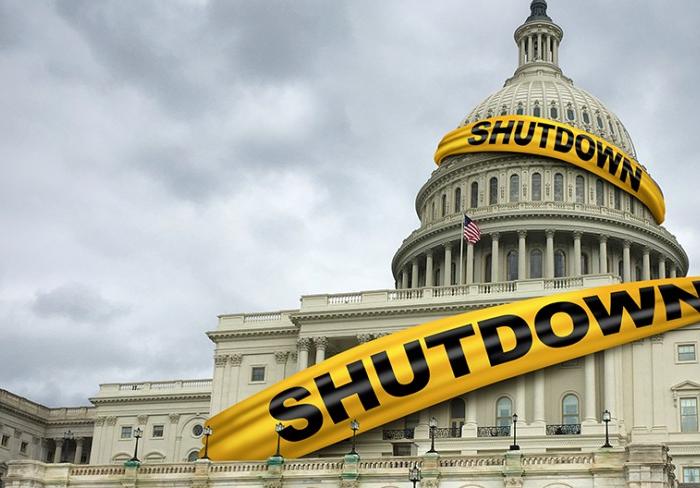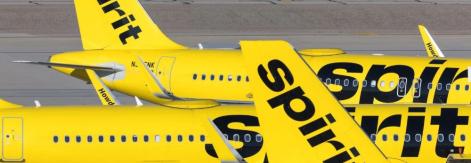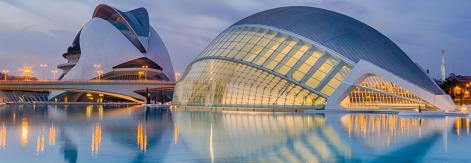The World Economic Forum rated Finland as the most competitive economy in the World, followed by United States. In Latin America and the Caribbean, Chile leads the pack with a distant Uruguay as runner-up, Mexico, El Salvador and Colombia behind, according to the latest release from the organization.
Mercosur´s two main economies had a disappointing performance: Argentina managed to advance to place 72 and Brazil dropped from 57 to 65.
Trinidad and Tobago´s Prime Minister Patrick Manning presented a record $5.5 billion budget which included sweeping tax breaks for middle income earners and a series of public sector projects that raised eyebrows among economists about potential inflation risks.
The new budget included a 5 percent reduction in corporate taxes for larger corporations, higher taxes on the energy sector and a five year tax holiday for small businesses.
Foreign investment in Latin America and the Caribbean increased a whopping 44 percent in 2004, with Brazil and Mexico leading the pack, according to the latest release from the United Nations Conference on Trade and Development, UNCTAD.
“Foreign direct investments are crucial to address poverty and create economic opportunities, particularly jobs”, said George Kell, CEO of the UN Global Compact Program.
EU Trade Commissioner Peter Mandelson was in St. Lucia last week to launch the third phase of an Economic Partnership Agreement (EPA) negotiations between the European Union and the Caribbean region.
The crucial third phase will launch negotiations on the text of a final agreement, encompassing the continued integration of the Caribbean regional economy and access to the European goods and services market. He will also exchange views with his Caribbean partners on the WTO Doha trade talks.
German travel icon Thomas Cook has seen its nine-month operating loss narrow by more than two-thirds, and said it was looking forward to "substantial" full-year profits on the back of a restructuring program.
Losses before interest, tax and amortization shrank to about £24.9 million in the nine months to the end of July from a deficit of some £81 million a year earlier.
Brazilian petroleum output should be enough by the end of 2005 to meet the country´s demand reported in Brasilia Jose Sergio Gabrielli, CEO of Petrobras, Brazil´s state-owned oil corporation.
Mr. Gabrielli said Petrobras output (domestic and overseas) will reach a daily production of 2.231million BOE barrels per day and “will be able to sustain that level, and even above, for many years to come. The level of developed reserves should remain stable for at least the next twenty years”.










